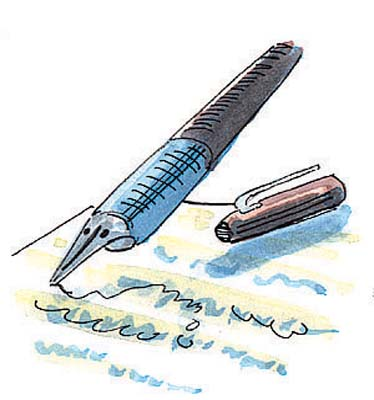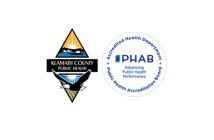Everyone who applies for a job has to send a resume and a cover letter to the potential employer. Do you know what the difference between a resume and a cover letter is? Both of them have the common purpose of proving that you have the right experience, qualifications, and skills for the desired job. At the same time, there is a clear difference between them. They are complementary and unique documents. You must understand that a cover letter is more than just bullet points from the resume. If you provide a professionally written resume and a cover letter, you increase the chances of being invited for an interview. Many people do not want to risk, so they prefer to buy resume on Resumeget.com and get the job done by professional writers, which is a great solution if you are in a hurry.
What is the difference between a cover letter and resume?
Many job seekers think that a resume is a general summary of their work experience, while a cover letter is a summary of their work experience, which relates to the current job. Let’s see the details to understand the difference more clearly. If you require advanced tips on how to write a proper cover letter, visit professional sites like conservativedailynews.com where you will find all the needed information and guidance.
A resume is a unique document, which aims to demonstrate all your employment history. You have to include the information which can summarize all the job positions you have held in the past. Also, your resume has to include your education degrees, certifications, superior skills, and relevant quantifiable — all the information about your background, education, and work experience matters for your future employer.
There is a standard format for your resume, which you should follow. You must provide a list with your relevant contact information, a section of your work experience (make sure to include job titles, position descriptions, years of employment), and education section. You can add other additional information, which is relevant for the vacancy you apply.
As a rule, you should write a resume in the third person. You should try to use not too many words to summarize your working experience. There is no need to write long sentences. Instead of this, you can write a bullet point that reveals the main points. When it is possible, we encourage you to include numbers. For example, you can mention the number of people you were supervising, the exact percentage of sales you succeeded in increasing, the number of customers you helped, or something like this.
As for your cover letter, it aims to highlight your important qualifications, which can be in use for the position you are applying to. You can provide your potential employer with additional information and convince your hiring manager that you are the best candidate for the current position. The primary purpose of your cover letter is to demonstrate all the qualifications which make you a perfect match for the job.
We recommend you to write your cover letter in a typical letter format. So, you have to include a proper salutation, a few paragraphs, and a beautiful closing. While writing your cover letter, you can use the first-person, unlike your resume. However, it is not advisable to use “I” too often.
What does a resume include?
Your potential employer wants to see a detailed list of your education and work experience. All the skills and achievements should be described in detail to demonstrate your employer how you can add value in your new role. In order to make your resume concise, you can provide the information in bulleted lists.
What does a cover letter include?
Usually, a cover letter is quite short, which consists of three to four paragraphs. Your document aims to consult your resume to match it to the initial statement you do about your qualifications. By reading your cover letter, a potential employer can interpret your educational and employment background and prove that you are qualified for a job. Always review the primary requirements for the desired job opening. Write your cover letter to explain that you meet those requirements.
Conclusion
To resume all the article, you should understand that your resume is supposed to state the facts: who, what, when, and how, while your cover letter will explain why you are the best candidate for the job. Your cover letter can add some bright colors and make your personality noticed on the market. Make sure that the combination of your resume and cover letter help you offer your experience and qualifications to the best company.







